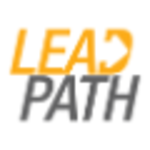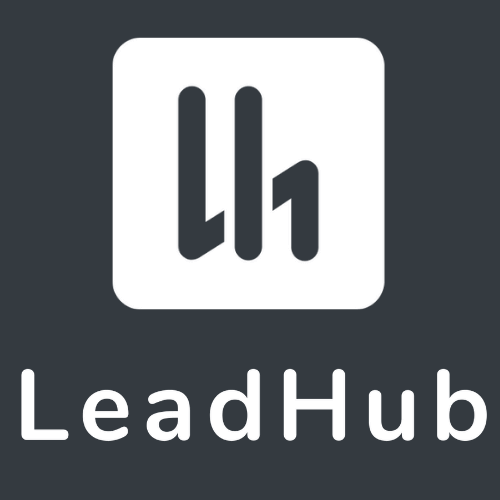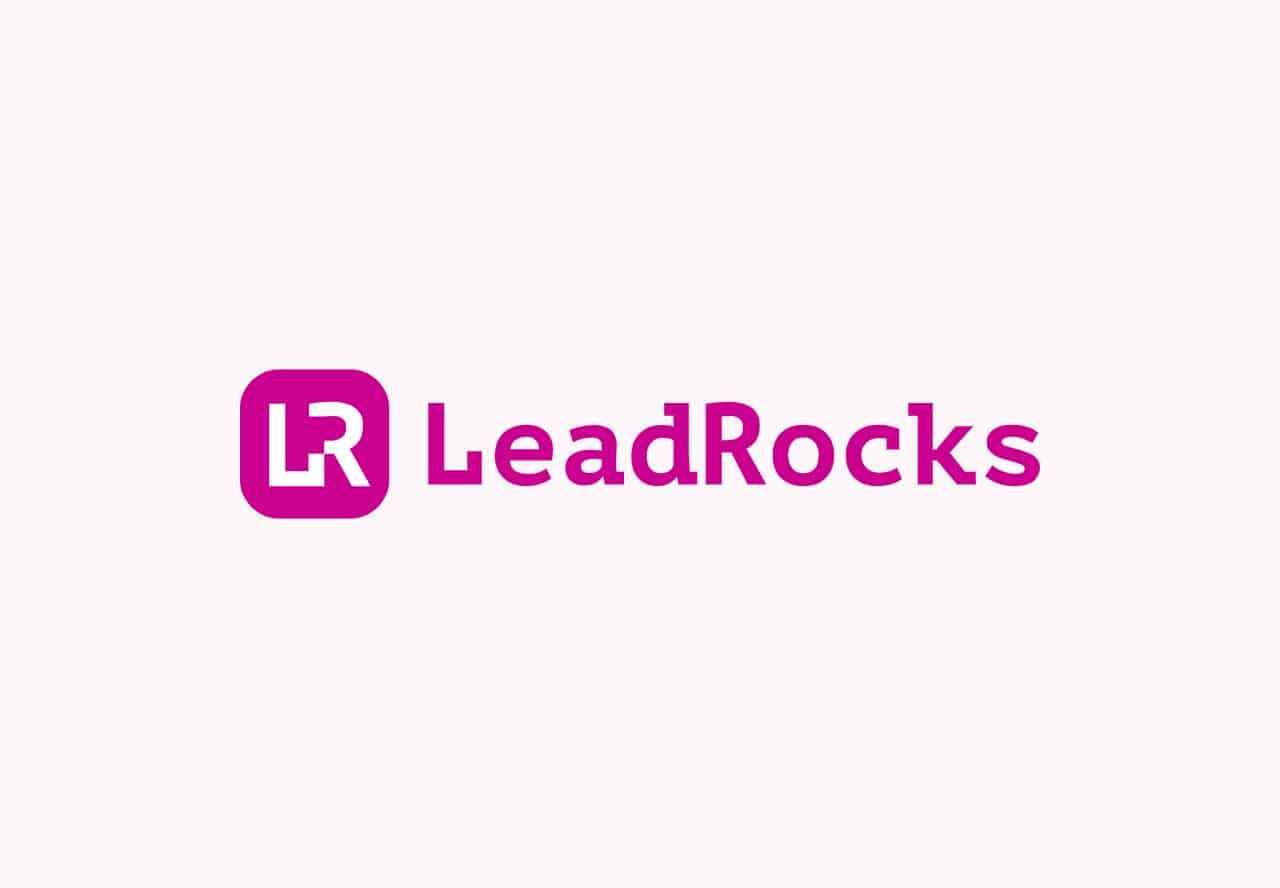Description

LeadPath

SalesTango
Comprehensive Overview: LeadPath vs SalesTango
As of my last update in October 2023, there isn't specific information available regarding products named LeadPath or SalesTango that you might be referring to. However, I'll attempt to provide a general framework that could be used to analyze such products if they do exist or when considering similar types of products in the sales and lead management software industry.
a) Primary Functions and Target Markets
-
LeadPath:
- Primary Functions: LeadPath would typically serve as a lead management system, focusing on capturing, tracking, and nurturing leads from various sources. Its functionalities might include lead scoring, automated follow-ups, CRM integration, and analytics for lead performance.
- Target Market: The potential target market for a product like LeadPath would be B2B companies, SMEs, and possibly larger enterprises that require a sophisticated system to manage a high volume of leads. Industries could range from SaaS companies to real estate and financial services where lead generation and nurturing are critical.
-
SalesTango:
- Primary Functions: SalesTango might function as a sales enablement and engagement platform, offering tools for sales teams to enhance their outreach efforts and streamline the sales process. This could include email automation, sales funnel management, and performance insights.
- Target Market: SalesTango would likely target sales organizations across various industries, from small businesses to mid-sized and large enterprises that aim to improve their sales team's efficiency and effectiveness.
b) Market Share and User Base
-
LeadPath: If LeadPath exists as a product, its market share and user base would depend on aspects like its technological innovation, adoption rates within target markets, and competitive pricing strategies. Analysis would require specific industry data or reports providing insights into user base size and active installations.
-
SalesTango: Similarly, SalesTango’s market share would need to be assessed through available industry reports or customer surveys. Key factors would include how well it integrates with existing CRM solutions, its ease of use, and any unique features that differentiate it from competitors.
c) Key Differentiating Factors
-
LeadPath:
- Integration Capabilities: Comprehensive integration with popular CRM systems and cross-channel marketing tools.
- Lead Scoring Algorithms: Advanced algorithms for prioritizing high-potential leads based on behavioral data.
- Customization: Enhanced customization options for creating bespoke lead nurturing workflows.
-
SalesTango:
- Sales Automation: Features that might include automated task management and communication templates tailored for sales.
- Engagement Analytics: Deep insights into sales interactions and customer engagement metrics.
- User Interface: An intuitive, user-friendly interface aimed at boosting productivity of sales teams.
To gain precise insights and detailed analyses, company-specific details, industry reports, and market analysis would be necessary, particularly if LeadPath and SalesTango have emerged as key players in their respective fields post-October 2023.
Contact Info

Year founded :
2015
+1 312-219-9660
Not Available
United States
http://www.linkedin.com/company/leadpath

Year founded :
2016
Not Available
Not Available
India
http://www.linkedin.com/company/salestango
Feature Similarity Breakdown: LeadPath, SalesTango
To provide a feature similarity breakdown for LeadPath and SalesTango, let's consider the key aspects:
a) Core Features in Common
-
Lead Management:
- Both platforms offer robust lead management capabilities, including lead tracking, capturing, and nurturing.
-
Contact Management:
- LeadPath and SalesTango both provide comprehensive contact management features that allow users to maintain and organize customer information efficiently.
-
Email Integration:
- Integration with email tools is a shared feature, enabling users to send, receive, and track emails as part of their sales process.
-
Analytics and Reporting:
- Each platform provides analytics and reporting tools to allow users to measure performance and extract insights from their sales data.
-
Workflow Automation:
- Automation features in both products enable routine tasks to be automated to improve efficiency within sales operations.
-
CRM Integration:
- Integration with major CRM systems is supported by both, facilitating seamless data flow between platforms.
b) User Interface Comparison
- LeadPath UI:
- Known for its clean and straightforward interface, LeadPath prioritizes ease of navigation. It’s designed with a minimalist approach which makes it easier for new users to onboard and start using the system effectively.
- SalesTango UI:
- Takes a more feature-rich and detailed approach. The UI might appear busier compared to LeadPath due to its broader feature set being easily accessible, which can be advantageous for users who prefer a more comprehensive dashboard.
c) Unique Features
-
LeadPath:
- AI-Powered Lead Scoring: Utilizes AI to score leads based on interaction history and other data points, helping users prioritize their efforts on high-potential clients.
- Customizable Pipelines: Offers more flexibility in creating and customizing sales pipelines according to specific business processes.
-
SalesTango:
- Social Media Integration: Enhanced capabilities for integrating and tracking activities across multiple social media platforms, which is less robust in LeadPath.
- Dynamic Sales Playbooks: Provides users with customizable playbooks that adapt based on the performance data and user interactions.
Each tool possesses its strengths, and the choice between the two would largely depend on specific business needs, such as the importance of AI capabilities or the necessity for integrated social media tracking.
Features

Lead Management
Sales Automation
Integration
Analytics & Reporting

Lead Management
Sales Pipeline Tracking
Reporting and Analytics
Customer Relationship Management
Best Fit Use Cases: LeadPath, SalesTango
To provide a thorough understanding of the use cases for LeadPath and SalesTango, we can delve into their potential strengths and applications:
LeadPath Use Cases:
a) Ideal Types of Businesses or Projects for LeadPath:
-
Startups and Small Businesses:
- Reason: LeadPath’s solutions might be designed to accommodate the needs of smaller teams that require efficient and manageable lead tracking and conversion at an affordable cost.
-
B2B Companies:
- Reason: Businesses that rely heavily on lead generation for client acquisition can leverage LeadPath’s ability to refine and enhance lead capturing and nurturing.
-
Marketing Agencies:
- Reason: Agencies can use LeadPath to manage multiple campaigns for different clients, streamlining the process of tracking leads and measuring conversion rates.
-
Project-Based Firms:
- Reason: Companies that run on a project-by-project basis can utilize LeadPath to organize and prioritize project leads efficiently.
d) Catering to Different Industry Verticals or Company Sizes:
- Industry Verticals: LeadPath might be versatile enough to adapt to sectors like real estate, insurance, consulting, and technology by offering tailored lead scoring and management capabilities.
- Company Sizes: Primarily beneficial for small to medium enterprises (SMEs) due to its potential cost-effectiveness and scalability features that do not overwhelm limited resource settings.
SalesTango Use Cases:
b) Scenarios Where SalesTango is the Preferred Option:
-
Medium to Large Enterprises:
- Reason: SalesTango likely offers robust features that cater to the complex needs of larger sales teams requiring extensive coordination and customer relationship management (CRM).
-
Highly Competitive Markets:
- Reason: In markets where sales cycles are aggressive, SalesTango might provide advanced analytics and forecasting tools to maintain a competitive edge.
-
Companies with Extensive Sales Pipelines:
- Reason: When intricate sales pipelines need robust management, SalesTango’s comprehensive CRM features could provide better visualization and workflow automation.
-
Retail and Consumer Goods:
- Reason: These sectors benefit from SalesTango’s detailed consumer insights and sales metrics to drive customer engagement and increase sales.
d) Catering to Different Industry Verticals or Company Sizes:
- Industry Verticals: SalesTango might be particularly strong in verticals like retail, healthcare, financial services, and manufacturing, offering modules tailored to these sectors.
- Company Sizes: The flexibility and scalability of SalesTango possibly make it suitable for small businesses aiming to grow, as well as established enterprises requiring advanced tools to handle large volumes of customer interactions and sales data.
In summary, while LeadPath could be positioned as an optimal choice for smaller businesses with a focus on lead management, SalesTango seems more attuned to medium to large businesses seeking a comprehensive sales management suite. Both products likely have flexibility in industry application, adapting features to meet the specific needs of various sectors.
Pricing

Pricing Not Available

Pricing Not Available
Metrics History
Metrics History
Comparing teamSize across companies
Conclusion & Final Verdict: LeadPath vs SalesTango
To provide a conclusion and final verdict for LeadPath and SalesTango, let's evaluate each of the requested aspects:
a) Best Overall Value
LeadPath generally offers the best overall value for organizations that prioritize customization and integration. It is well-suited for businesses that have specific lead management needs that require tailored solutions and a high degree of integration with existing systems. LeadPath often excels in providing detailed analytics and reporting features that can greatly enhance a company's lead generation and nurturing processes.
SalesTango, on the other hand, may offer better value for small to mid-sized businesses or those new to lead management software. It typically has a more user-friendly interface and straightforward features that can be quickly adopted by teams without extensive training, making it a cost-effective choice for companies looking to get started with lead management quickly.
b) Pros and Cons
LeadPath:
-
Pros:
- Highly customizable to fit specific business needs.
- Strong integration capabilities with other platforms.
- Advanced analytics and reporting features.
- Scalable, suitable for larger enterprises.
-
Cons:
- May require a more significant initial investment in time and resources.
- Potentially complex for new users without prior experience in CRM systems.
- Higher cost of implementation and maintenance.
SalesTango:
-
Pros:
- Intuitive and user-friendly interface.
- Quick setup and minimal training needed.
- More affordable pricing, suitable for small to medium enterprises.
- Efficient customer support and resources for startups.
-
Cons:
- Limited customization options compared to LeadPath.
- May lack advanced features needed for comprehensive data analysis.
- Integration with other systems might be restricted.
c) Recommendations for Users
-
For organizations that need a tailored lead management system with robust features, LeadPath is recommended. It is ideal for businesses that can afford a higher initial investment but wish to benefit from in-depth analytics and system integrations in the long term.
-
For companies seeking an immediate solution with ease of use, particularly those with smaller budgets and teams without deep technical expertise, SalesTango is a preferable choice. It allows users to start managing leads efficiently with minimal setup time and resources.
-
Users should also consider their growth trajectory. Suppose a company is likely to need more advanced features as it grows. In that case, starting with a scalable platform like LeadPath might be more beneficial in the long-term, even if it means a higher initial cost.
-
Trial both systems if possible. Many software vendors offer free trials or demos. This hands-on experience can provide invaluable insights into which platform aligns better with your specific workflow and organizational needs.
Ultimately, the choice between LeadPath and SalesTango should be guided by an organization's current requirements, future scale, and budgetary constraints.
Add to compare
Add similar companies




